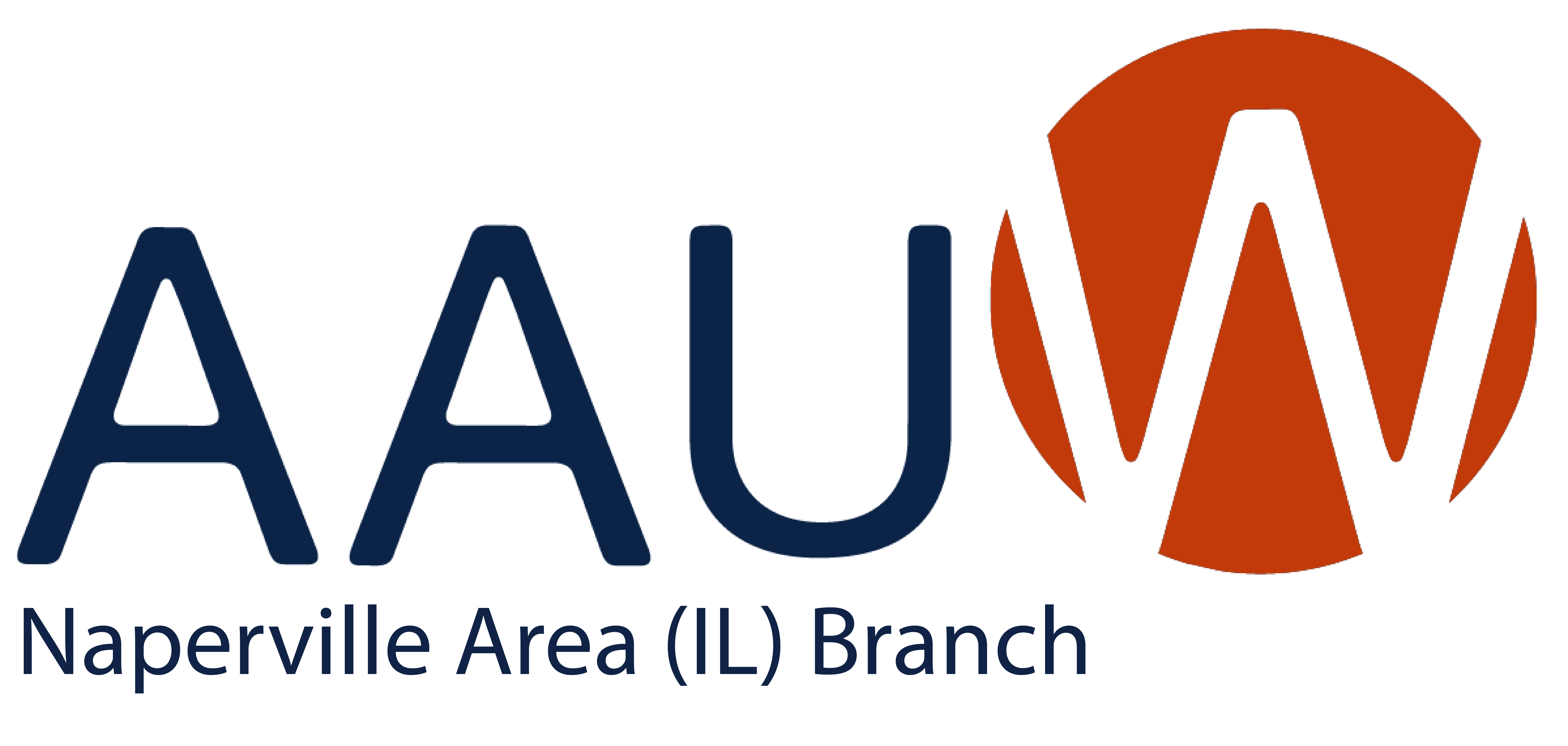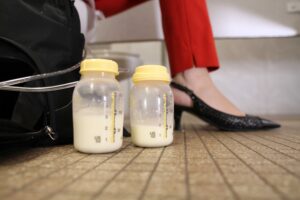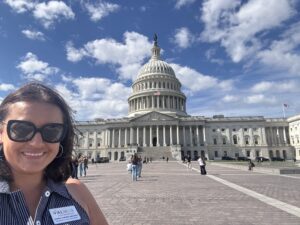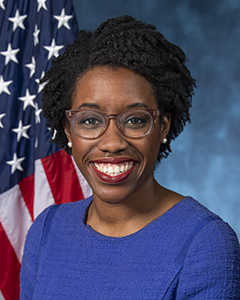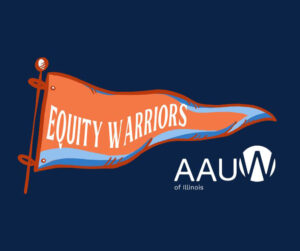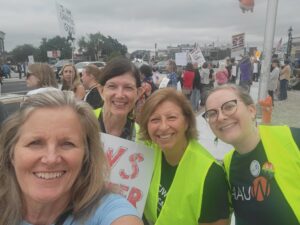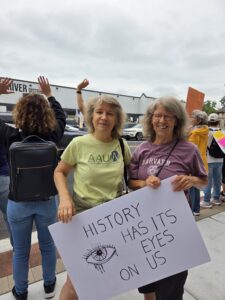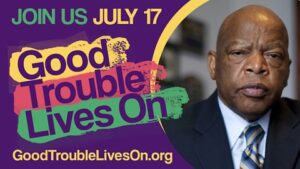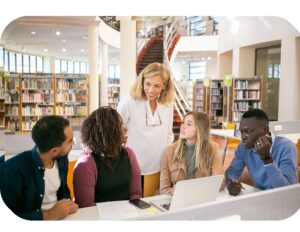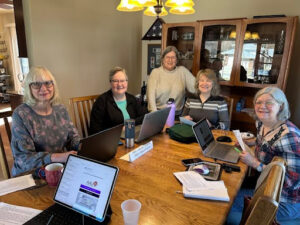 Following is information on several bills which have been passed during the Illinois 104th General Assembly which align with our values and mission. Thank you to everyone who advocated for these!
Following is information on several bills which have been passed during the Illinois 104th General Assembly which align with our values and mission. Thank you to everyone who advocated for these!
SB8/HB3688: Provides that a firearm owner shall not store or keep any firearm in any premises where the firearm owner knows or reasonably should know a minor without the lawful permission of the minor’s parent, guardian, or person having charge of the minor, an at-risk person, or a prohibited person is likely to gain access to the firearm unless the firearm is secured in a locked container, properly engaged so as to render the firearm inaccessible or unusable to any person other than the owner or other lawfully authorized user. Provides that if the firearm is carried by or under the control of the owner or other lawfully authorized user, then the firearm is deemed lawfully stored or kept. Sponsored by Sen. Laura Ellman (Sent to Governor 6/26/25)
HB 3247/SB2065: Prohibits a child from being denied a free public education through secondary school while in the State based on the child’s or the child’s parent’s or guardian’s perceived or actual citizenship or immigration status. (Sent to Governor 6/24/2025)
HB 2873: Amends the Stalking No Contact Order Act. Adds to the definition of “stalking” to include harassment that is not necessary to accomplish a purpose that is reasonable under the circumstances, would cause a reasonable person emotional distress, and causes emotional distress to the petitioner. (Sent to Governor 6/20/25)
SB 2323: Provides that the Act may be referred to as the Illinois Statewide Trauma-Informed Response to Human Trafficking Act. Amends the Children and Family Services Act. Provides that the Department of Children and Family Services shall maintain a human trafficking unit to coordinate services, initiate prevention efforts, and provide access to resources for case-management staff to serve youth in care who have been determined to be victims of human trafficking or assessed to be at high risk of becoming a victim of human trafficking, as well as ensure a prompt response by the Department to recover youth in care in the custody of law enforcement. (Sent to Governor 6/20/25)
HB 1710: creates more data transparency around homicides and aggravated assaults with firearms in Illinois. (Sent to Governor 6/20/25)
HB 3352: Coerced Debt Relief: Passage of the Survivor Financial Freedom bill created coerced debt relief for survivors of domestic violence and human trafficking. This legislation creates an avenue for financial relief of debt incurred as part of their experience of abuse. It also creates a path for an affirmative defense to be established if a case is entered against them. (Sent to Governor 6/20/25)
HB 2682: Improvements to TANF Passage of the Survivor Pathway to Independence bill created significant improvements to Temporary Assistance for Needy Families (TANF) Family Violence Exemption (FVE) and crisis assistance funding programs. (Sent to Governor 6/24/25)
HB 2774: Codification of the Illinois Domestic Violence Hotline (Sent to Governor 6/20/25)
Also, SR0275, Sponsored by Sen. Laura Ellman, Congratulates Anderson’s Bookshop on its 150th anniversary
For additional information about these and other Illinois legislation, please visit LegiScan.
 Current pending legislation such as the SAVE Act (Safeguard American Voter Eligibility Act), executive orders, and court cases could negatively impact your ability to vote and for your vote to be counted. Join League of Women Voters of Naperville and AAUW Naperville Area for a timely panel discussion on Wednesday, January 14, 2026, at 7:00 PM. Our panelists will share the possible effects and what can be done to counter these measures.
Current pending legislation such as the SAVE Act (Safeguard American Voter Eligibility Act), executive orders, and court cases could negatively impact your ability to vote and for your vote to be counted. Join League of Women Voters of Naperville and AAUW Naperville Area for a timely panel discussion on Wednesday, January 14, 2026, at 7:00 PM. Our panelists will share the possible effects and what can be done to counter these measures.